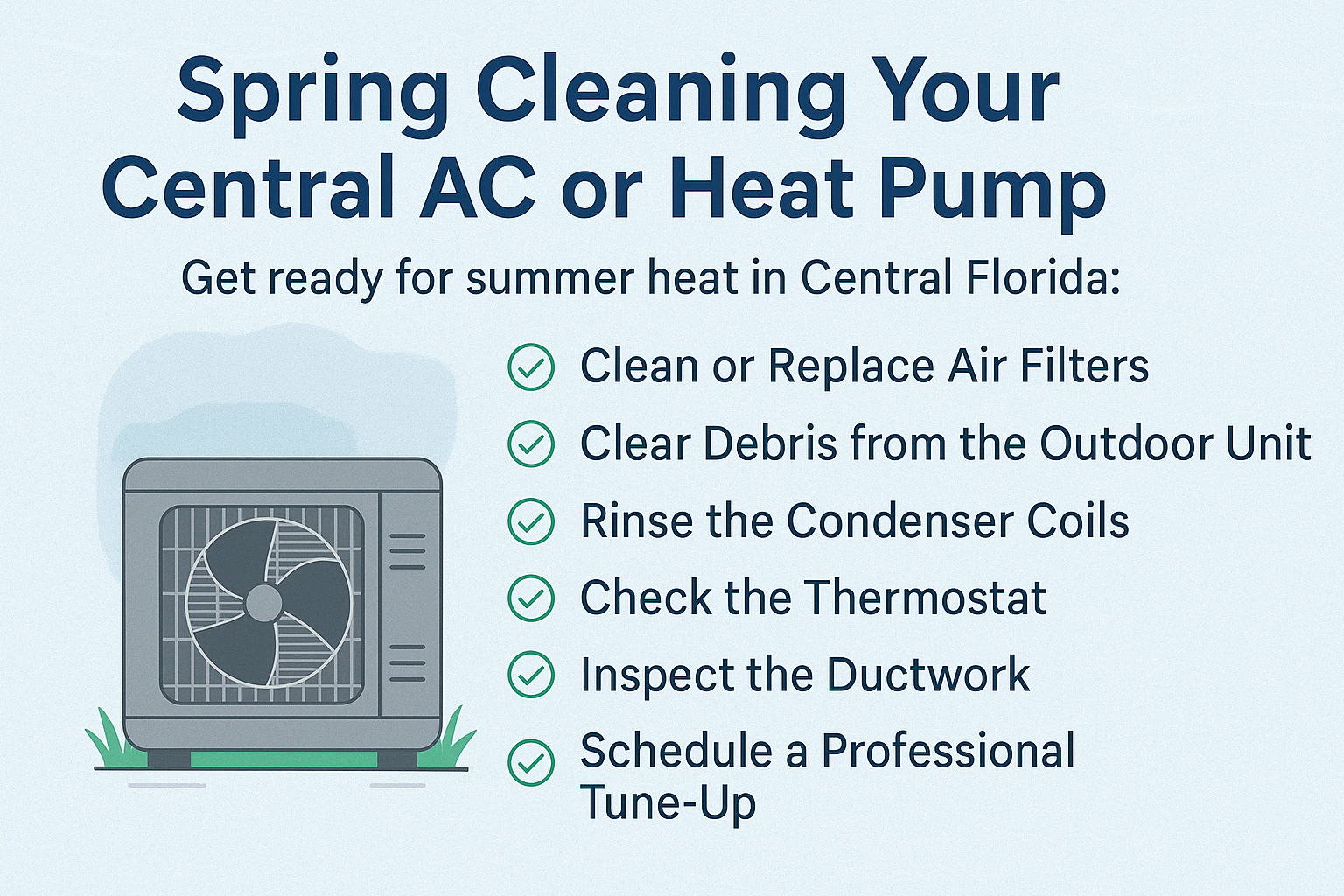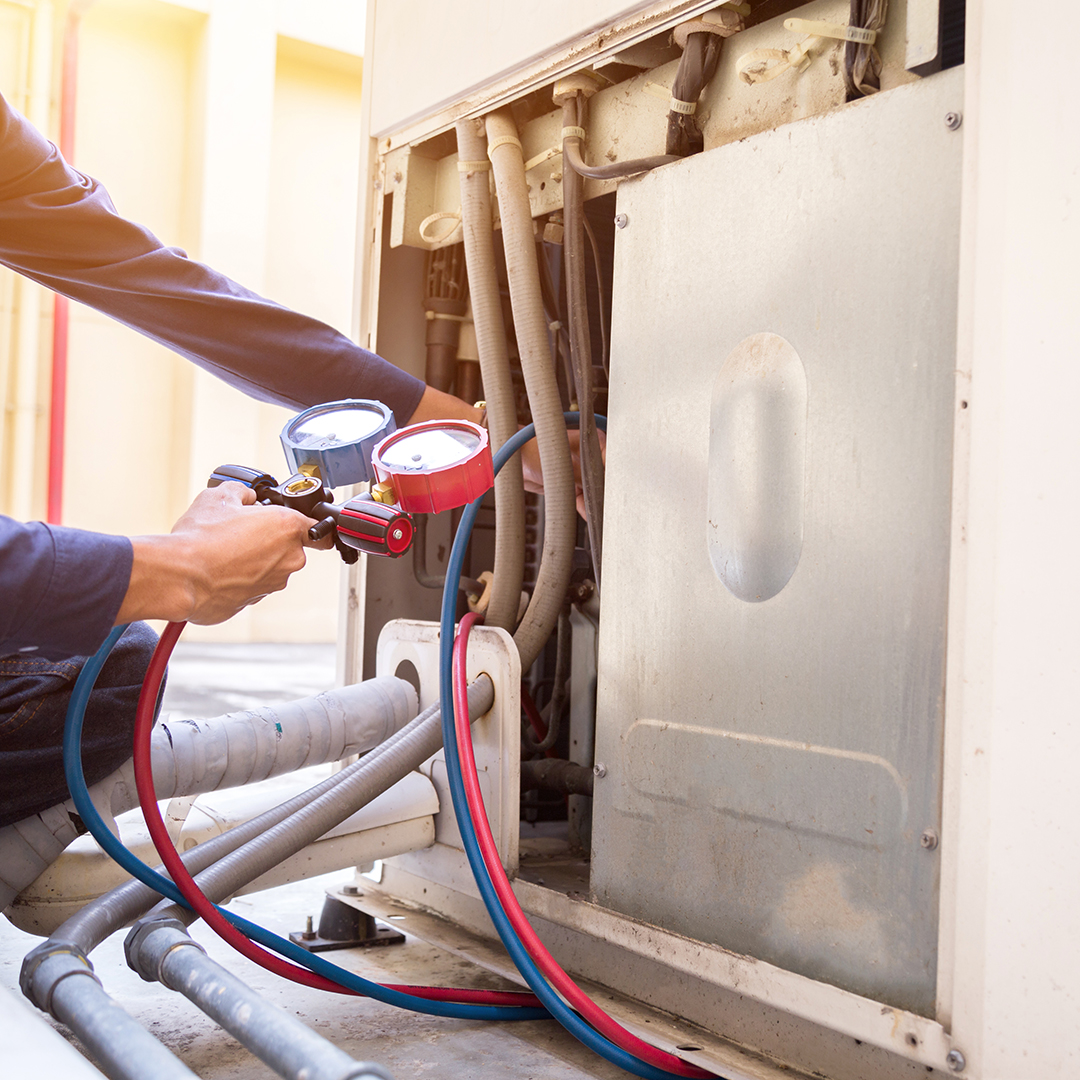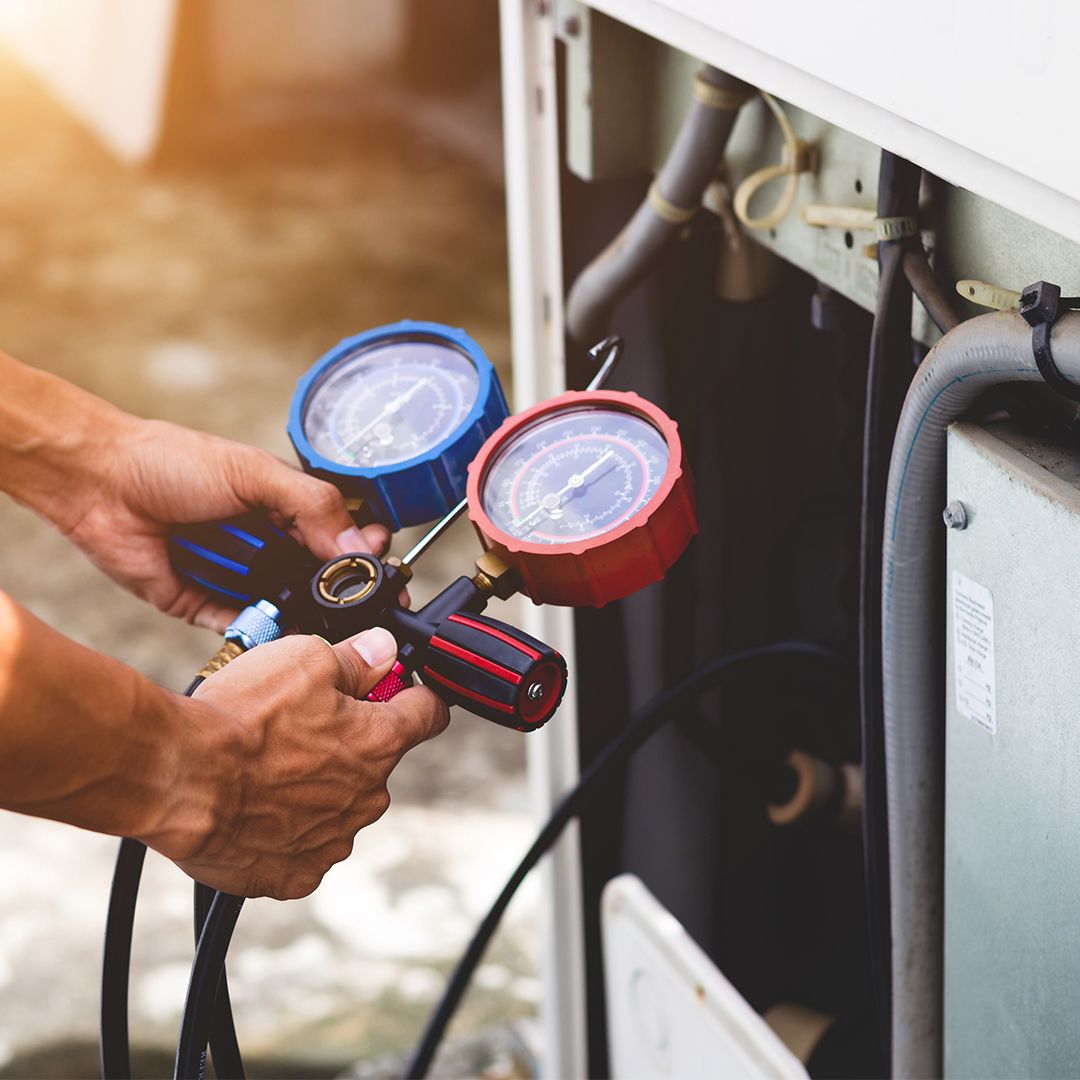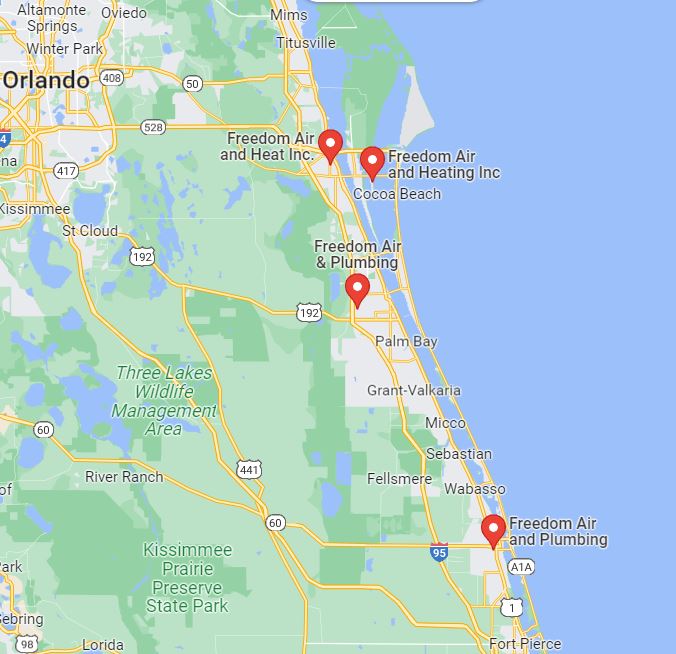Have you been sneezing incessantly? Do your eyes feel itchy, your throat dry? Is your asthma unrelenting? These could all be side effects of poor indoor air quality. While you may feel that you’ve exhausted all your options to treat spring allergies, there’s still one thing left to try: changing out your HVAC air filter. The truth is, air filters do a lot more than protect equipment. With the right air filter in place, you can enjoy breathing in fresh, clean air that doesn’t irritate your eyes, nose or throat.
To pick the best air filter for your home, you’ll need a basic understanding of how they work. Of course, you can also enlist the expertise of our professional technicians. With years of experience in completing high-quality workmanship, you can count on us to select the best air filter for your home and health.
Purpose of an HVAC Filter
Your basic air filter is designed to protect the equipment, not to treat spring allergies. This is in part why it’s essential to change your filter periodically. In doing so, you’re helping to prolong your system’s lifespan and prevent breakdowns. Often, filters are made up of spun fiberglass material or pleated paper or cloth. The filter helps to trap harmful contaminants such as dust, dirt, pollen, mold, pet dander and bacteria that circulate.
Treat Spring Allergies with the Right HVAC Filter
To stave off annoying allergies, you’ll need more than your basic air filter. Choose a disposable filter with a MERV (minimum efficient reporting value) rating between 8-13. When referring to the MERV rating, the higher the number, the smaller the pores are in the filter. Smaller pores can lead to restricted airflow, which can actually harm your system. Before purchasing and installing an air filter, find out the highest number your system can handle.
4 Things to Know About MERV Rated Air Filters:
- Filters with higher MERV ratings need to be changed more frequently. At minimum, you’ll need to replace them every three months.
- A MERV 8 filter will capture dust mites, debris, bacteria, pollen and lint.
- A MERV 11 filter will capture pet dander, smoke, debris, mold spores, dust mites, lint, pollen and car fumes.
- A MERV 13 filter will capture pollen, lint, dust mites, debris, mold spores, pet dander, smoke and tobacco smoke, car fumes, bacteria, virus carriers and microscopic allergies.
Other Ways to Reduce Indoor Allergens
Changing out your HVAC filter isn’t the only way to improve your indoor air quality and calm allergies. There are a few other measures you can take to reduce exposure, such as:
- Keep Humidity Levels Low – Damp and humid areas are breeding grounds for mold. To prevent mold growth, the EPA recommends keeping humidity levels below 60 percent, though the ideal range is between 30 and 50 percent. You can test your humidity levels by purchasing a hygrometer. If your humidity levels are above 60 percent, call Freedom right away!
- Have Your Air Ducts Cleaned – Air circulates through your ductwork several times a day. Over time, your ducts can experience a buildup of dust, mold pollutants, pet dander and the like, consequently contaminating the air you breathe. Having your air ducts cleaned professionally will help to create a better living environment by preventing dirty air from re-circulating. When you have our expert team out to professionally clean your air ducts, we’ll complete a thorough inspection as well to determine if you’re in need of repair or replacement. Leaky ducts not only cause your HVAC bill to skyrocket, they can also shorten the lifespan of your equipment.
Spring allergies are more than an inconvenience; depending on their severity, you could be dealing with a whole host of other problems too. At Freedom Air, we’re committed to helping restore peace of mind – and fresh air, back to your home in an efficient manner. To learn more about our comprehensive HVAC services or to schedule your appointment, give us a call today at (321)-631-6886!







